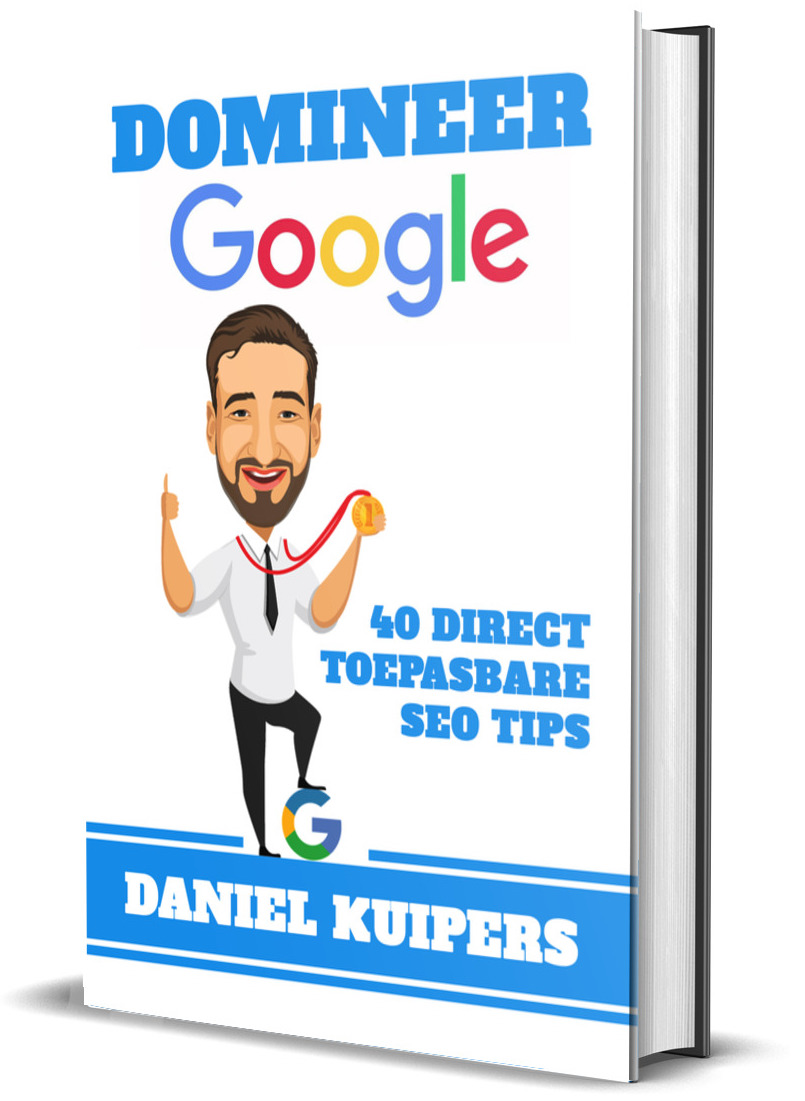Menu
Table of contents
Voice Search SEO | Netherlands
Last weeks, Nu.nl reported that in a few years, about 1 in 5 Dutch consumers will be buying via voice-controlled technology. This means that we will increasingly ask Siri, Alexa, Cortana or the Google Assistant where the nearest train station is, how solar panels work, who is actually the president of Chile (Sebastián Piñera) or simply to order a pizza. In short, we are now using voice search in Dutch.
Voice search, or voice search, may still be in its infancy in the Netherlands, but that also means that there are plenty of opportunities right now. Opportunities for voice search SEO, for example. Opportunities to attract visitors to your website. And opportunities to convert those voice search visitors into customers. It is therefore high time to provide you with some practical advice.

Voice Search SEO
First, you need to know that voice search differs from regular search in a number of ways. And so does voice search SEO. Sure, people still search for the answer to their questions. But the way they do it is different. In voice search, in fact, people talk. Whole sentences. Whole questions. For example, they type "plumber price," but say or ask "what does a plumber cost. In short, we need to focus on longer search terms.
Optimizing for speech
Those longer search terms consist mostly of questions. Therefore, we often find words like who, what, where, how and why in many voice searches. But how can you find the voice search keywords that are relevant to your business? The ones that form the basis for your voice search SEO strategy?
For that, AnswerThePublic.com proves to be a handy tool. You simply type your keyword into it and get dozens of suggestions in return. Including suggestions for the questions people have related to your keyword. Then you run these suggestions through the keyword planner to see how much volume there is on those keywords and you have an idea of where to start focusing. But of course, you can also just listen to your customer and keep track of what questions you get frequently.
Voice search content
Then you answer those questions on your Web site. A handy way to do that is to create a page with frequently asked questions. Or by writing a blog. Either way, something where you specifically answer your visitor's equally specific question. With the keywords he or she uses to find the answer included, of course.
Local results
However, good content alone will not get you there. A large portion of voice search queries return local results. People want to know where there is a hairdresser, shoe store or tanning salon nearby. And as a hairdresser or owner of a shoe store or tanning salon, of course you want to be found.
You do that by including as much information about your location on your website as possible. And in your content. Another thing you should not forget is to create a Google My Business or to check if your current page is still up to date. This way you and your company will even appear above the first search results. At least, for local people searching for a business in your industry. Potential customers, that is.
Getting started!
By following the above advice, you can already make some nice steps in the field of voice search in the Netherlands. At least enough to get a reasonable lead on your competition. Wondering what else you can do? Do you still have questions about voice search SEO or is it all a bit too complicated for you? Then contact us directly. We would be happy to help you further!











Written by: Daniel Kuipers
Daniel is the founder of Online Marketing Agency. He constantly scours the Internet for the latest gadgets and tactics and blogs about them in understandable language. Well, sometimes.